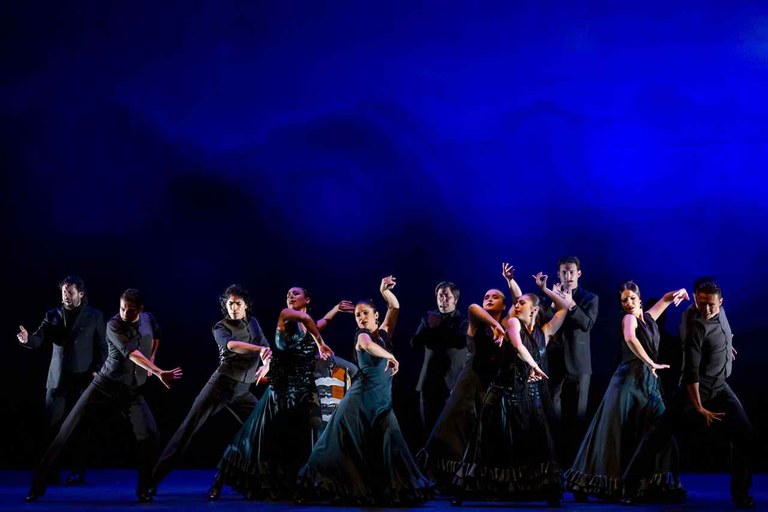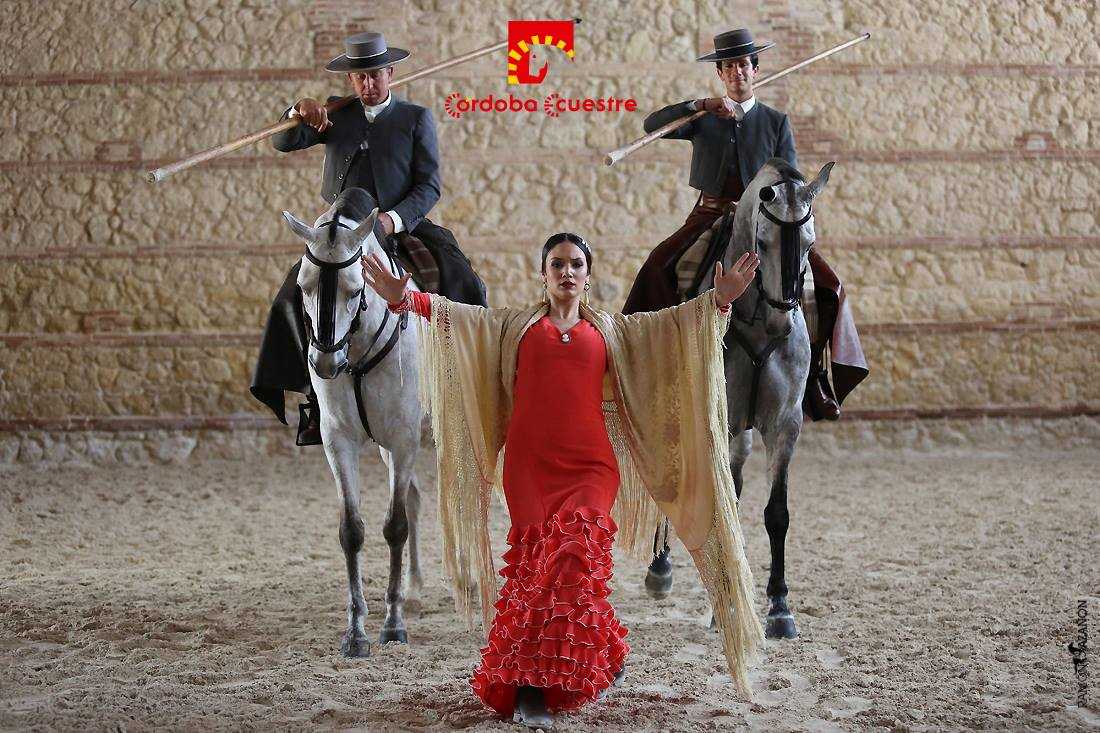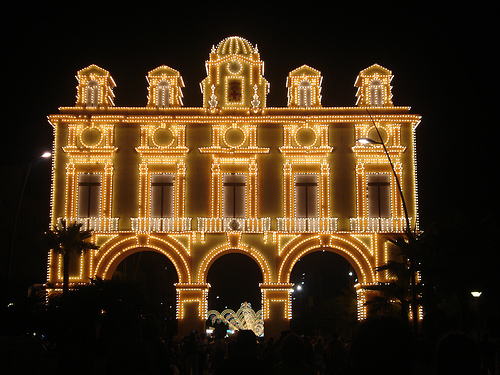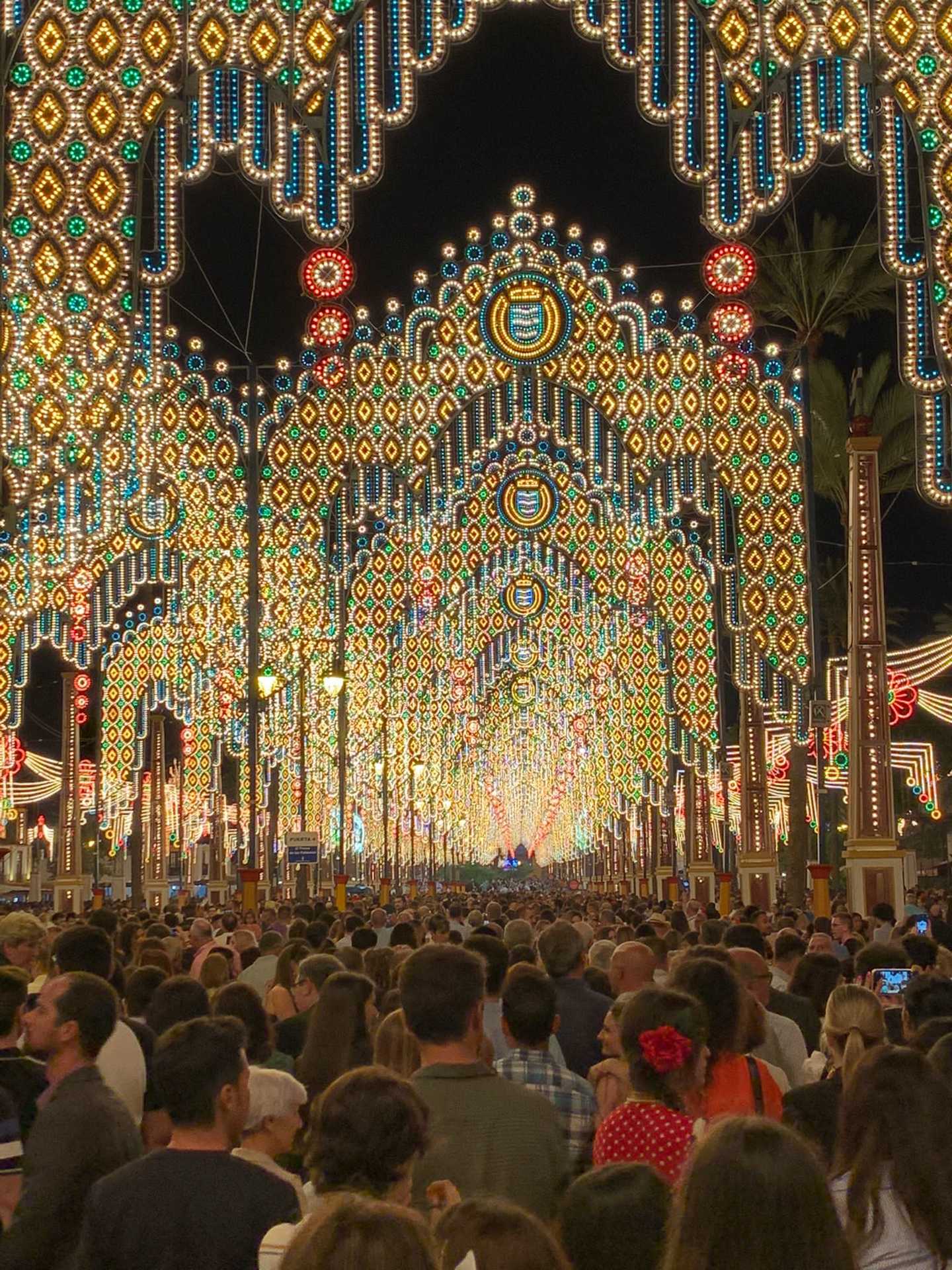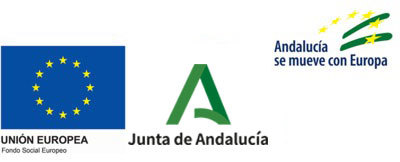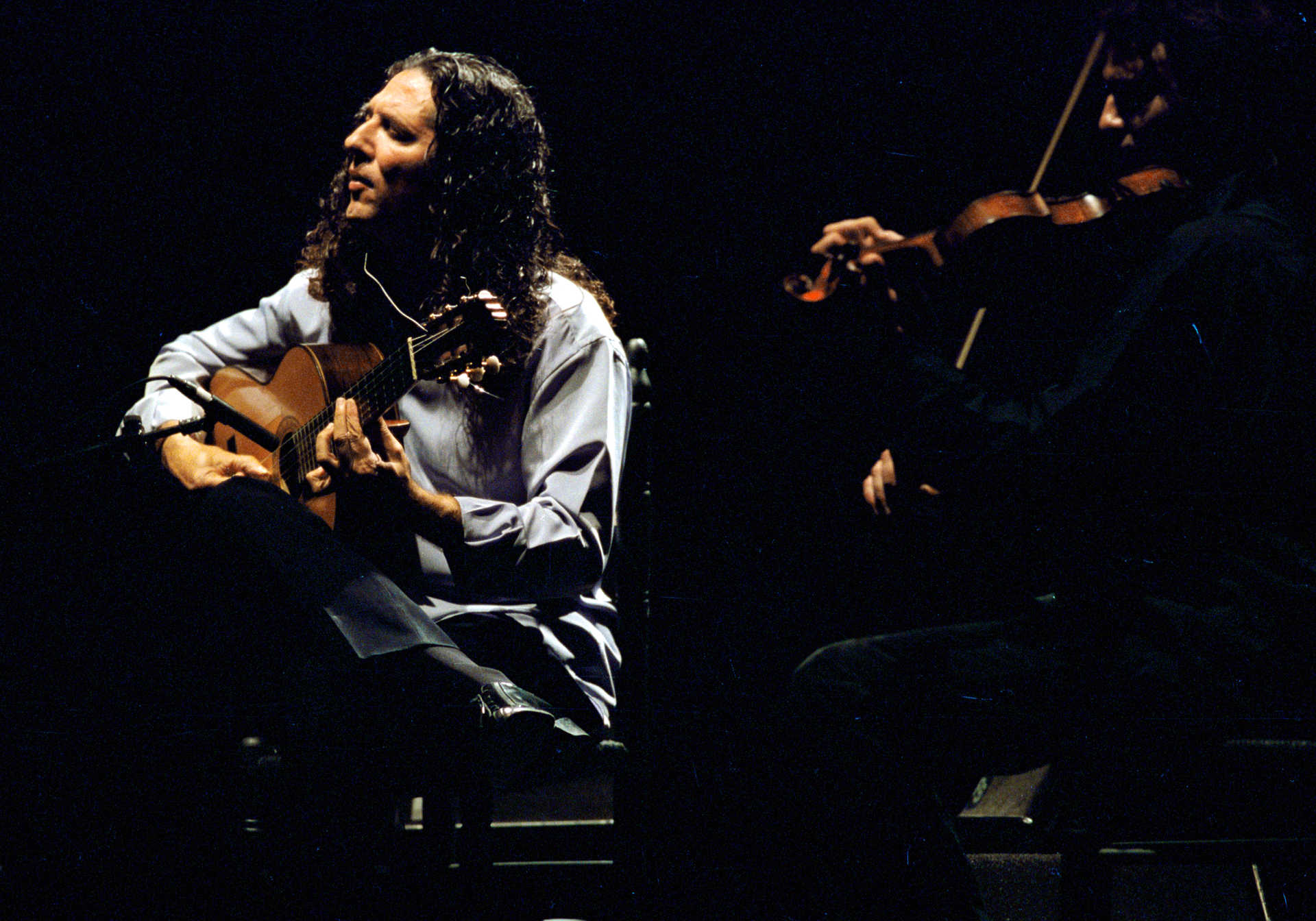
Present and future of flamenco. The fourth 'Llave de oro del Cante' award
From when in 1979 José Monge Cruz, Camarón de la Isla, recorded "La leyenda del tiempo", the future of flamenco had a different face. In this production of Ricardo Pachón there where many new things: Kiko Veneno, Rafael and Raimundo Amador (Pata Negra), Pepe Roca. The words of Omar Kayan, Lorca and Fernando Villalón, Tomatito in place of Paco de Lucía, the keyboard of Rafael Marinelli, drums of Antonio Rodríguez... And, despite this, it didn't stop sounding like flamenco.
Previous experiences like that of 'Smash' in "Behind de Stars', the next edition of 'The Garrotín rockero' that the group from Seville structured on the voice of Manuel Molina and the incipient curiosity of the extremely young Pata Negra, united to definitively back new flamenco "Nuevo flamenco", a project strongly supported by the work of Paco de Lucía and his septet.
It is a tendency that has found its reward in the handing over of the 'Cuarta Llave de Oro del Cante' (fourth golden key), posthumously to Camarón de la Isla, who received the award after death by the hands of the Ministry of Culture of the Junta de Andalucia (Regional Andalucian Government) for the influence, it believed, the islander had exercised on young performers of flamenco.
From here a great debate arose between orthodox and heterodox, a conflict which leaves in evidence the vivaciousness of this genre, that doesn't resign itself to stagnate in repetition and tries to open avenues in a number of formats. Currently there are two tendencies that have found their way, although the disputes have not ended nor will they, for the good of an art that, after a long history at its back, still gives motives for the circle not to close.
And flamenco has a promising future, given its declaration as a World Heritage by UNESCO.
Flamenco is like Andalucía itself: a land which finds its reason for existence in its own diversity, a place where a multitude of points of view live together and where all its inhabitants are conscience that this is what enriches them. So, long life, to flamenco, because it not only represents a people but also differentiates it from the rest.
Related events
